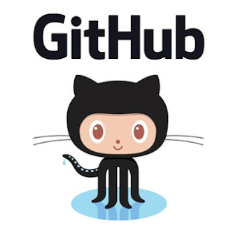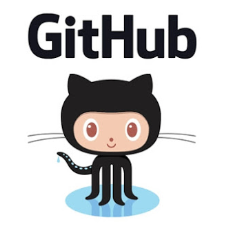Compare Products

|

|
Features * Platform-independent user data provider option (formatted like a properties file)
Ability to run Asgard in one AWS account and AssumeRole to manage a different account
* Automated deployment can accept arbitrary user-chosen steps
Each application can have an optional application group
* Each application can have optional tags
Enable configurable maximum number of ASGs per cluster
* REST endpoints for retrieving a deployment workflow plan JSON blob, and for starting a workflow with that JSON
Additional ways to configure Asgard to get AWS credentials, including from an IAM profile
* Updated list of AWS instance types
Links to security groups include both name and ID
* Made it possible to skip cache loading during cache loading, using runtime flag API
Support for HTTPS ELB listeners (Thanks Greg Dziemidowicz)
* Configurable AWS API socket timeout value
* Shared visibility all of in-memory running tasks across Asgard instances in a cluster
Filterable instance reservations by offering type
* Stop entire workflow if exception happens at any time during long auto deployment
Auto deploy should still work even without Eureka configured
* Route53 interface
* Instance sub-lists by Eureka application, where available
* Allow editing SNS Topic MessageRetentionPeriod
* Update SQS Queue policy automatically when the Queue gets subscribed to an SNS Topic
* Navigation links between associated SNS * Topic and SQS Queue detail screens
* Verify ELB status for instances during auto deploy ASG health check
* Expose AWS account attributes at /account/attributes.json
* Monitor Bucket Type of "none" for applications
* Show filter on Stack list screen
|
Features * distcc is developed on GNU/Linux, but has been reported to work on other systems including FreeBSD, NetBSD, Darwin, Solaris, HP-UX, IRIX, Cygwin and BSD/OS.
* distcc sends the complete preprocessed source code across the network for each job, so all it requires of the volunteer machines is that they be running the distccd daemon, and that they have an appropriate compiler installed.
* distcc is not itself a compiler, but rather a front-end to the GNU C/C++ compiler (gcc). (There is preliminary support for some other compilers but the main focus is gcc.) Almost all gcc options and features work as normal.
* distcc is designed to be used with the -j parallel-build feature in GNU Make or SCons, or other build tools. Shipping files across the network takes time, but few cycles on the client machine. Any files that can be built remotely are essentially "for free" in terms of client CPU.
* distcc has been under development since early 2002. It reliably and successfully compiles large, complex free and proprietary software systems. Programs known to build correctly with distcc include the Linux kernel, rsync, KDE, GNOME (via GARNOME), Samba and Ethereal.
* distcc is nearly linearly scalable for small numbers of machines: Building Linux 2.4.19 on a single 1700MHz Pentium IV machine with distcc 0.15 takes 6 minutes, 45 seconds. Using distcc across three such machines on a 100Mbps switch takes only 2 minutes, 30 seconds: 2.6x faster. The (unreachable) theoretical maximum speedup is 3.0x, so in this case distcc scales with 89% efficiency.
|
LanguagesJava Other |
LanguagesC CPP Objective C Other |
Source TypeOpen
|
Source TypeOpen
|
License TypeOther |
License TypeGPLv2 Other |
OS Type |
OS Type |
Pricing
|
Pricing
|
X
Compare Products
Select up to three two products to compare by clicking on the compare icon () of each product.
{{compareToolModel.Error}}Now comparing:
{{product.ProductName | createSubstring:25}} X